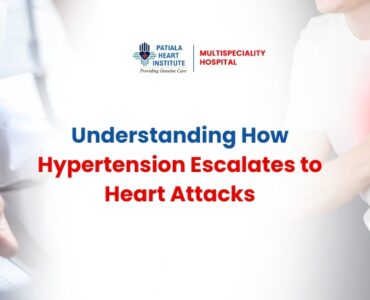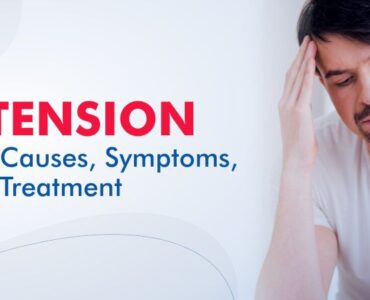Do you know that heart attacks are one of the leading causes of most deaths worldwide? People who experience a heart attack can have warning signals in advance. The key risk factors that push you towards this troubling health condition include; high blood pressure, high cholesterol levels, smoking, or being obesity.
However, the most disappointing fact about a heart attack is that people don’t take steps to protect themselves. Therefore, managing your heart attack risk factors can help in its prevention.
Keeping your heart healthy should stay paramount. We have come up with some of the best tips for the prevention of a heart attack. Let us uncover these simple yet significant ways to keep heart attacks at bay.
Quit Smoking
Do you know that cigarette smoke contains more than 7000 chemicals? These chemicals can damage your heart and blood vessels. Keep in mind that smoking kills up to half of its users, including non-smokers who are exposed to second-hand tobacco.
Long-term smoking habits can generate risks of having a heart attack. However, quitting smoking is not an indication of a zero risk of having a heart attack. But you should quit smoking to reduce heart attack risk or risk of other health diseases.
Managing Cholesterol Levels
Managing your cholesterol levels can protect you against heart attacks. High cholesterol is one of the key factors to increase your risk of heart attacks. This high cholesterol lets the development of fatty deposits in your blood vessels.
These deposits make it difficult for the blood to flow through your arteries. Moreover, these deposits can break suddenly and can form a clot that causes a heart attack.
Therefore, it becomes vital to control your cholesterol levels. You can follow some simple steps to control your cholesterol levels:
- Get your cholesterol level examined at regular intervals.
- Staying active and eating a Mediterranean-style diet can lower your cholesterol level.
- Focus on your triglyceride levels. Triglycerides are the fats in the body that can be measured with a cholesterol test.
Eating Heart Healthy Diet
You must remember that your diet and health go hand in hand. However, controlling your diet can reverse heart diseases. Making small yet meaningful changes in your lifestyle and diet can make a big difference in improvising your heart health. You can bring these changes in your diet by:
Controlling Portion Size
How much you eat in a day is equally important as what you eat. Following are a few simple tips to control your food portion size:
- Use a small bowl to help control your portions.
- Eat low-calorie and nutrient-rich food.
- You should include green vegetables in your plate
Turning to a Vegan & Fruit Diet
Vegetables and fruits are good for your heart health as they are low in calories and rich in dietary fiber. For a healthy heart, you must include these below-mentioned foods in your diet:
- Fresh herbs
- Black beans
- Olive oil
- Walnuts
- Almonds
- Tofu
- Sweet potatoes
- Oranges
- Barley
- Oatmeal
- Flaxseed
- Low-fat yogurt
Limiting Unhealthy Fats
Limiting saturated and trans fat is an essential step to reduce your blood cholesterol and lower the risk of coronary artery disease. Therefore, you should limit your fat intake.
Controlling your Blood Pressure
Persistent high blood pressure is bad for your heart. You can control your high blood pressure by eating a healthy diet, moderating your alcohol intake, and doing regular exercises. You should cut down on the amount of salt in your food if you have high blood pressure. It is ideal to eat less than 6 gm of salt a day which is around one teaspoonful.
Besides eating a healthy diet, you can also practice yoga or meditation. These simple steps can contribute to lowering your blood pressure and living a heart-healthy life.
Get Enough Sleep
Sleep problems like sleep apnea and insomnia can raise the risk of heart disease. However, when you talk about heart health, sleeping for less or more hours, both are bad.
Studies show that people who sleep less than six hours have a 20% higher risk of having a heart attack than those who sleep for six to nine hours. However, those who sleep for more than nine hours have a 34% higher risk of having a heart attack.
Therefore, getting the right quantity and quality of sleep is vital for a healthy heart. Moreover, if you are struggling with insomnia, you can consult your doctor. Also, cut off any exposure to blue electric lights at least two hours before bedtime. Studies show that people having insomnia must avoid exposure to blue lights. As these lights aggravate your melatonin hormone, which regulates the sleep-wake cycle.
Patiala Heart Institute: For Best Cardiology Treatment
Patiala Heart Institute offers the best cardiac care for cardiac-related ailments. Our highly experienced and diverse team of cardiologists undertake advanced cardiac procedures.
A globally acclaimed panel of doctors perform heart surgeries at Patiala Heart Institute. Our hospital has become a chosen entity for heart-related diseases.
Contact us and let the experts take care of your heart health.






